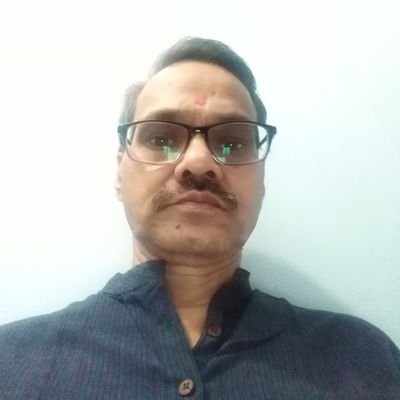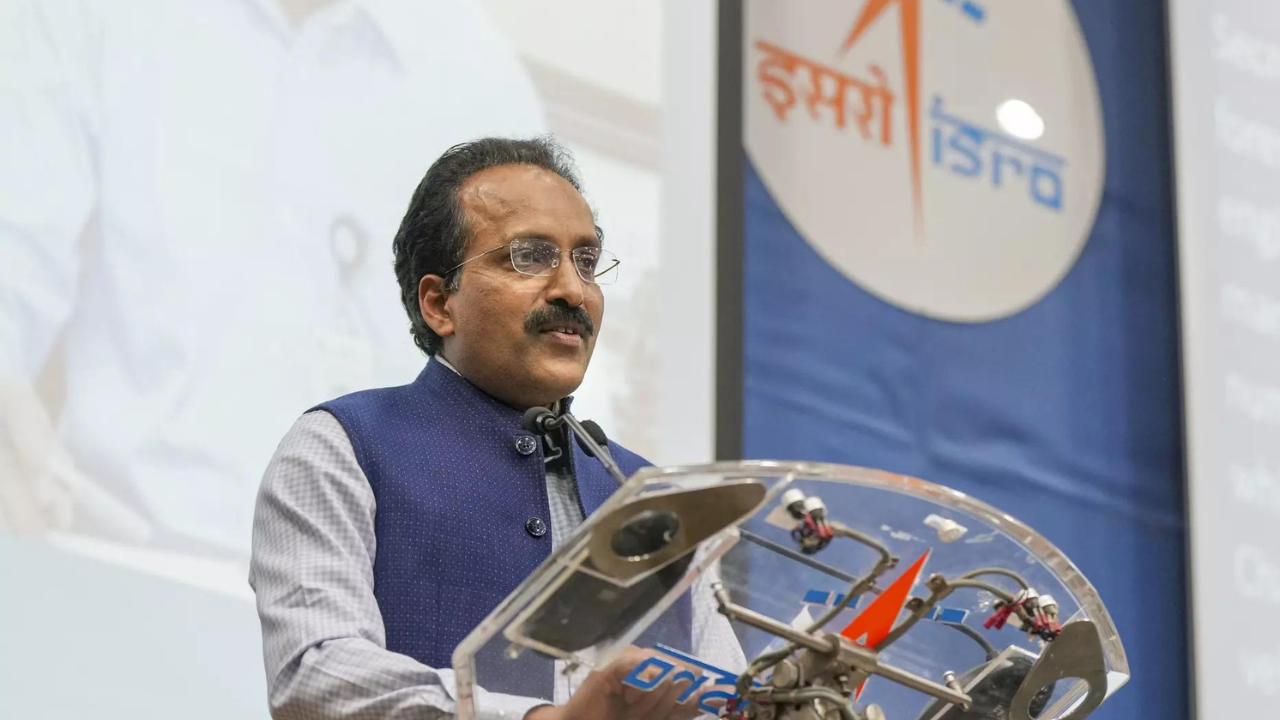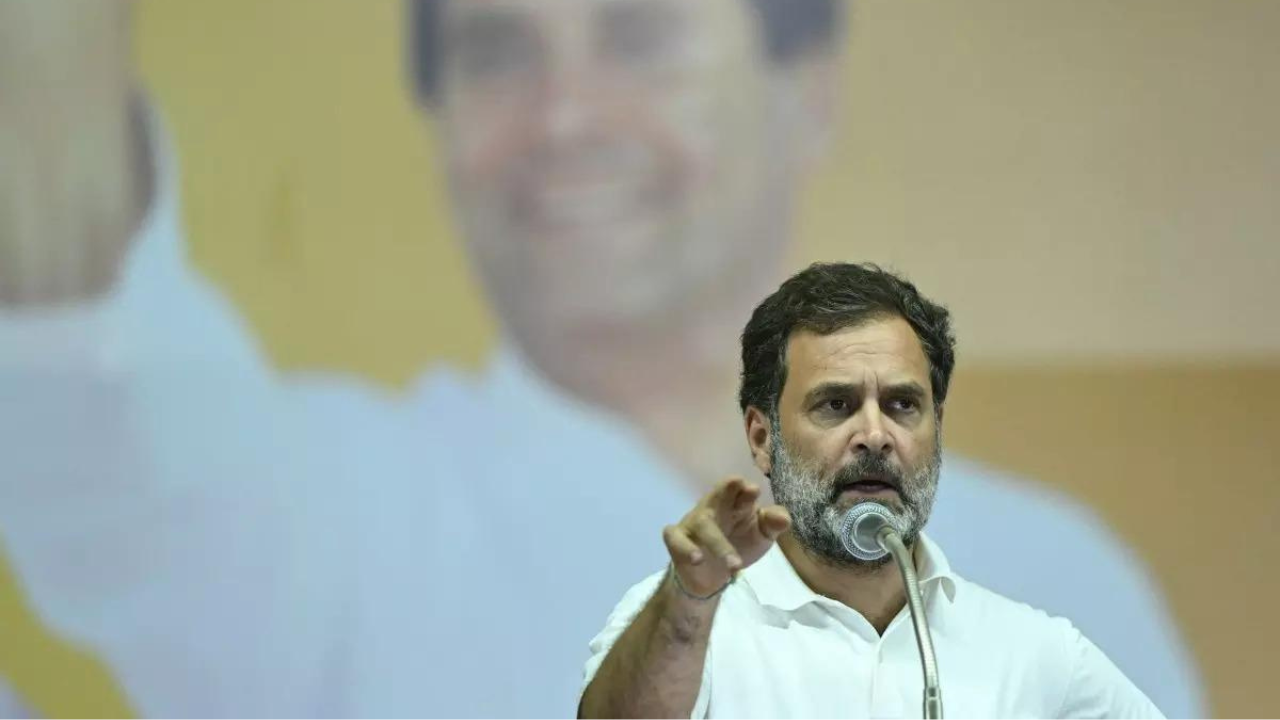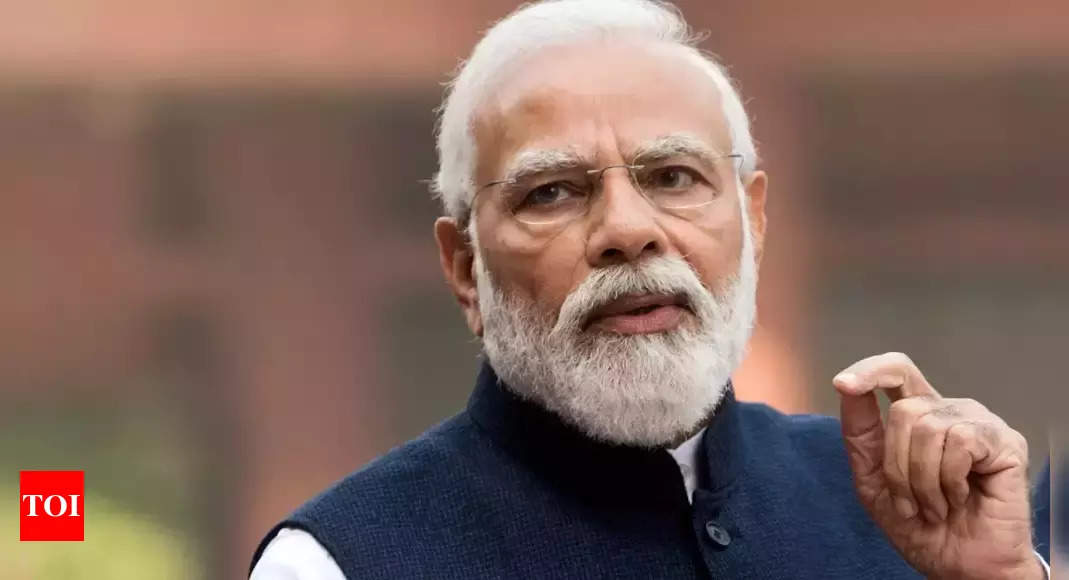Questioning the polls ‘rain washes out play’ moments
It delves into the unique scenario of a candidate winning the Surat Lok Sabha seat in Gujarat uncontested, shedding light on its broader impact on electoral and democratic norms across the country.

The ruling party’s candidate from the Surat Lok Sabha constituency in Gujarat has been declared elected unopposed. This situation arises when all other candidates withdraw their nominations or are disqualified, leaving only one candidate in the race. Consequently, the single candidate is declared the winner without the need for a formal election. In such scenarios, there is a victor but no 'vanquished' party, only those disqualified under the Rules and those who chose to ‘voluntarily’ withdraw.
Getting elected unopposed is perfectly legal under the existing electoral laws and practices. One emerges as the uncontested representative of the people without the people actively choosing them, as they are the only option on the ballot. It is akin to achieving success without the requisite effort. Historically, at least 35 candidates have been elected unopposed to the Lok Sabha, mostly in the first two decades after independence, with the last instance in 2012.
Rule 11 of the Conduct of Election Rules 1961 states: “(1) The returning officer (RO) shall… cause a copy of the list of contesting candidates to be affixed in some conspicuous place in his office and where the number of contesting candidates is equal to, or less than, the number of seats to be filled, he shall, immediately after such affixation, declare under sub-section (2) or as the case may be, sub-section (3) of section 53 the result of the election in such one of the Forms 21 to 21B as may be appropriate....”
Conduct of Election Rules 1961:
- Public Notice of Intended Election: The public notice of an intended election referred to in section 31 shall be in Form 1 and shall, subject to any directions of the Election Commission, be published in such manner as the returning officer deems fit.
- Nomination Paper: Every nomination paper presented under sub-section (1) of section 33 shall be completed in one of the Forms 2A to 2E as appropriate. A failure to complete or a defect in completing the declaration as to symbols in a nomination paper in Form 2A or Form 2B shall not be considered a substantial defect under subsection (4) of section 36.
- Form of Affidavit to be Filed at the Time of Delivering Nomination Paper: The candidate or their proposer must deliver an affidavit sworn by the candidate before a Magistrate of the first class or a Notary in Form 26 when delivering the nomination paper under subsection (1) of section 33 of the Act.
- Symbols for Elections in Parliamentary and Assembly Constituencies: The Election Commission shall specify the symbols that may be chosen by candidates at elections in parliamentary or assembly constituencies and the restrictions to which their choice is subject by notification in the Gazette of India and the Official Gazette of each State.
Current Issue:
- Opposition to Opposite Party’s Candidate’s Nomination: In this case, the opposition party’s candidate for the Surat constituency filed three sets of nomination papers with proposers being his brother-in-law, nephew, and business partner. A ruling party worker objected to the nomination, alleging the proposers' signatures were not genuine.
- Rejection of the Nomination Papers: The RO received affidavits from the proposers claiming they had not signed the nomination papers. As the proposers could not be produced before the RO within the stipulated time for scrutiny, all three sets of nomination papers were rejected.
- Nomination Papers of Others Also Rejected: Election rules allow for a substitute candidate to be fielded by a political party if the original candidate's nomination is rejected. However, the substitute candidate’s nomination paper was also rejected for the same reason – the proposer’s signature was not genuine. With other nominations either rejected or withdrawn, the ruling party’s candidate was declared the winner.
Law for Nomination in India:
- Section 33 of RPA, 1951: This section outlines the requirements for a valid nomination. An elector above 25 years of age can contest the Lok Sabha election from any constituency in India. For recognized political parties, the candidate needs one proposer from the respective constituency, while unrecognized party candidates and independents need ten proposers. Candidates can file up to four nomination papers with different sets of proposers.
- Scrutiny of Nomination Papers: Section 36 of the RP Act specifies that the RO shall not reject any nomination for a defect that is not substantial. However, a signature of the candidate or proposer found not genuine is grounds for rejection.
Issues Prevalent in the Unopposed Election of Candidates:
- Concerns for NOTA Voters: The process does not allow electors to exercise the None of the Above (NOTA) option. Though NOTA was incorporated to enlighten political parties and candidates, it does not impact the election process in any significant way.
- Learnings from the General Financial Rules (GFRs): GFRs emphasize a “fair, transparent, and reasonable procedure” for public procurement. Even if only one bid is submitted, the process is valid if it was satisfactorily advertised, sufficient time was given for submission of bids, qualification criteria were not unduly restrictive, and prices are reasonable compared to market values.
- Undermining the Relevance of Voters: The "elector" is excluded from the process of choosing their representative if no candidates are present to contest. This creates a dichotomy where a person with no votes sits in Parliament, undermining the spirit of democracy.
- Assessing the Extreme Situation: In an extreme situation, all candidates across 543 parliamentary constituencies could manipulate the system, denying a billion electors their statutory right by complying with the process but undermining democracy's spirit.
- Ambiguous Provision Under Section 65, RP Act, 1951: This section deals with ‘Equality of votes’ and treats a complete boycott as everyone receiving zero votes. This means the will of the people is replaced by the system's expediency.
Recourses Against Rejection of Nomination Papers:
- Exploring Election Tribunal Options: The RP Act establishes Election Tribunals to resolve disputes. Section 100 outlines the grounds for declaring a candidate's election void. Parties dissatisfied with the Election Tribunal's decision can appeal to the High Court and ultimately the Supreme Court.
- Taking Recourse to Article 329 Read With RP Act, 1951: Article 329(b) of the Constitution, read with the RP Act, 1951, provides that no election shall be called into question except by an election petition before the concerned High Court. Filing an election petition in the Gujarat High Court is a legal recourse against improper rejection of nomination papers.
- Moving to Supreme Court: Aggrieved parties can file an appeal to the Supreme Court within 30 days from the High Court's order. In cases like Jagan Nath v. Jaswant Singh, 1954, and Mohinder Singh Gill v. Chief Election Commissioner, 1978, the Supreme Court has established significant precedents regarding election disputes.
- Amending the First-Past-the-Post-System (FPTPS): The RPA, 1951, is silent on issuing another notification if no candidates file their nomination a second time. Introducing a minimum percentage of votes for winning candidates or transferring the seat to the nominated category if no candidate offers herself for election the second time should be considered.
Conclusion:
Ensuring a fair and transparent electoral process in India is crucial for upholding democratic principles, which are compromised when candidates are declared elected without any opposition. Through comprehensive legal frameworks, robust institutions, and active citizen participation, India can strive for elections free from malpractice and manipulation. It is imperative for all stakeholders, including political parties, electoral authorities, and the judiciary, to collaborate in maintaining the integrity of the electoral process. By upholding values of fairness, transparency, and accountability, India can strengthen its democratic foundation and ensure that the people's voice remains the cornerstone of governance.
"This article is inspired by 'Questioning the polls 'rain washes out play moments' published in The Hindu on 26/04/2024. It delves into the unique scenario of a candidate winning the Surat Lok Sabha seat in Gujarat uncontested, shedding light on its broader impact on electoral and democratic norms across the country."













